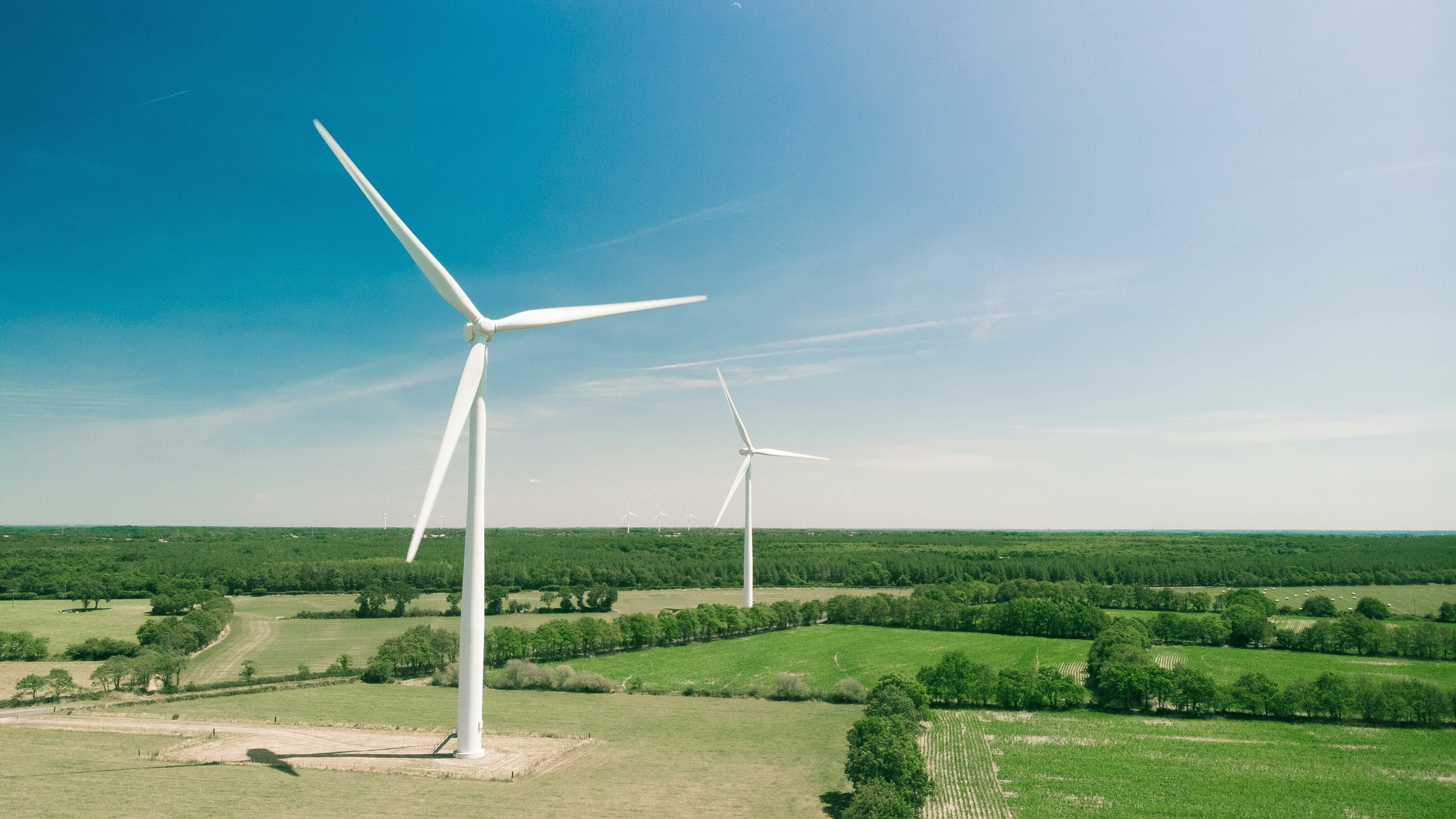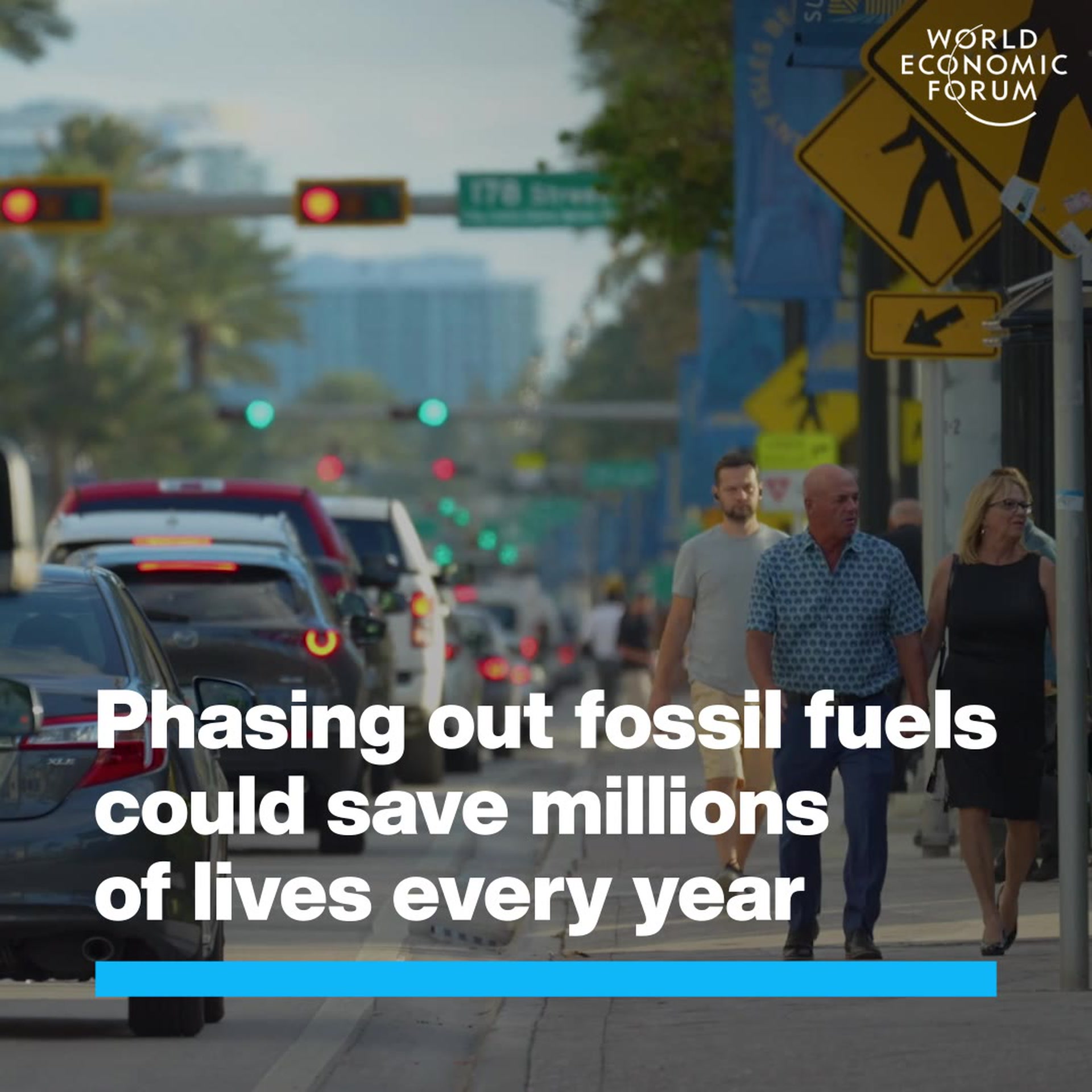Check mate: Air pollution can harm the thinking of even the best chess players

Air pollution harms chess players strategic thinking skills Image: PEXELS / sk

Get involved with our crowdsourced digital platform to deliver impact at scale
Stay up to date:
Air Pollution
- A recent study published in Management Science has found implications for expert chess players who breathe in polluted air.
- The study analysed more than 30,000 chess moves over the course of three seven-round tournaments in Germany that took place over three years.
- The researchers found that increased PM2.5 pollution led to more mistakes in the players' games.
- The findings highlight the importance of indoor air quality for strategic decision-making in business settings.
Exposure to air pollution can lead expert chess players to make more mistakes.
That’s the concerning conclusion from a new study published in Management Science Jan. 26. While this might seem like a niche finding, it has important implications for the strategic thinking skills of anyone who breathes in particulate matter (PM) pollution.
“There are more and more papers showing that there is a cost with air pollution, and there is a cost for more and more people,” study co-author and Massachusetts Institute of Technology (MIT) Sustainable Urbanization Lab economist Juan Palacios said in a university press release. “And this is just one example showing that even for these very [excellent] chess players, who think they can beat everything — well, it seems that with air pollution, they have an enemy who harms them.”
For the study, Palacios and his co-authors Nico Pestel and Steffen Künn–both associate professors at the School of Business and Economics at Maastricht University in the Netherlands–analyzed more than 30,000 chess moves over the course of three seven-round tournaments in Germany. The tournaments, which lasted eight weeks each, took place in 2017, 2018 and 2019 and involved a total of 121 players.
First, the researchers measured carbon dioxide, PM 2.5 and temperature in the venue over the course of all three tournaments. Then, they then used software programs to spot any errors in the players’ games.
What they found was that, when PM2.5 pollution increased, players made more mistakes. If concentrations increased by 10 micrograms per cubic meter, the chance that a player would make a “meaningful error” went up by 2.1 percent, the study authors wrote. This was the case after controlling for other factors like noise, temperature or humidity.
“It’s pure random exposure to air pollution that is driving these people’s performance,” Palacios said in the press release. “Against comparable opponents in the same tournament round, being exposed to different levels of air quality makes a difference for move quality and decision quality.”
Air pollution also made it harder for players to make the right decision under time constraints. In the tournament, every player had 110 minutes to make their first 40 moves. The researchers found that, for moves 31 to 40, a 10 micrograms per cubic meter pollution increase upped the chance of an error to 3.2 percent.
The study isn’t the first to warn that PM2.5 pollution can impact the brain. Studies have linked it to dementia and mental health problems. The chess world is already aware that better indoor air quality could mean better games.
“Cognition is obviously incredibly important in chess and already some of the top players like Magnus Carlsen and Anish Giri have cottoned on to how important air quality is,” Leon Watson of Chess.com told The Guardian. “When competing from home in the big Champions Chess Tour events, players now routinely monitor their CO2 and particulate matter levels using [air monitors] and use the data to create the perfect environment to play in … like in any sport, fine margins are important. The difference may be marginal, but players will inevitably try to eliminate any competitive disadvantages.”
However, the study authors think their findings have implications off the chessboard, since many businesses hope their workers will be able to make smart choices under pressure.
“The results highlight the relevance of indoor air quality for strategic decision making, an integral aspect of management in firms and a critical factor influencing the survival of firms in competitive environments,” Künn, Palacios and Pestel wrote. “In addition, our estimates provide compelling evidence of the damages of deficient air filtration in office buildings or any other indoor space where individuals are required to undertake strategic decisions.”
The authors noted that they saw impacts in an indoor space in a city with relatively low outdoor air pollution. There are a lot of information workers concentrated in regions with much worse pollution–such as South East Asia or California, where extreme climate-change-fueled wildfires have reversed air quality gains.
“The presence of such environmental hazards, therefore, increase the need to protect workers against such hazards using air filters or any other technology to enhance indoor air quality where these individuals make their decisions,” they concluded.
What's the World Economic Forum doing to tackle air pollution?
Don't miss any update on this topic
Create a free account and access your personalized content collection with our latest publications and analyses.
License and Republishing
World Economic Forum articles may be republished in accordance with the Creative Commons Attribution-NonCommercial-NoDerivatives 4.0 International Public License, and in accordance with our Terms of Use.
The views expressed in this article are those of the author alone and not the World Economic Forum.
The Agenda Weekly
A weekly update of the most important issues driving the global agenda
You can unsubscribe at any time using the link in our emails. For more details, review our privacy policy.
More on Air PollutionSee all
Shirley Rodrigues, Iyad Kheirbek and Magdalena Młochowska
March 18, 2024
Andrea Willige
March 6, 2024
Angel Hsu, Diego Manya and Chester Ling
February 6, 2024
Bas Henzing and Ruben Goudriaan
January 15, 2024
November 30, 2023







